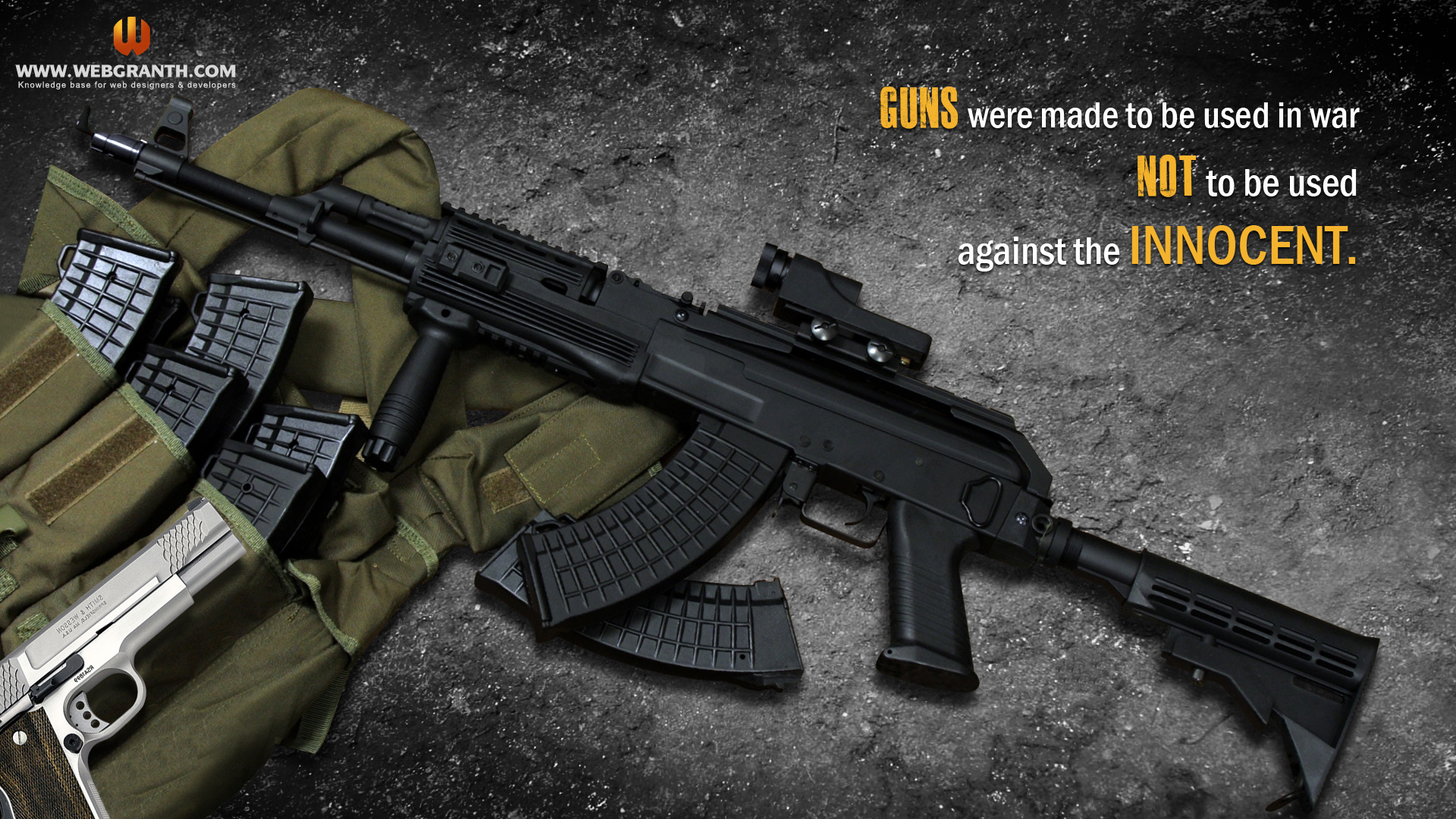Firearms have long been a subject that elicits intense debate and varying opinions. Whether used for self-defense, sport shooting, or military purposes, firearms hold a significant place in the modern world. Their intricate design, the mechanics behind their operation, and their impact on society make firearms a topic worth exploring. In this article, we delve into the multifaceted world of firearms, providing a comprehensive guide on buying and selling these powerful tools. From understanding the different types and categories of firearms to navigating the legal landscape, we aim to provide you with the knowledge needed to make informed decisions in this realm. So, let us unlock the mysteries surrounding firearms and embark on this engaging journey together.
Understanding Firearm Terminology
In order to fully comprehend the world of firearms, it is essential to familiarize yourself with the terminology used in this field. Understanding the various terms will enable you to engage in informed discussions and make knowledgeable decisions. Below, we will explore some of the key terminologies associated with firearms.
Action: The action of a firearm refers to the mechanism by which a cartridge is loaded, fired, and the spent case is ejected. There are different types of actions, including bolt-action, semi-automatic, and pump-action.
Caliber: Caliber is a term used to describe the internal diameter of a firearm barrel. It is usually measured in inches or millimeters. For instance, .45 caliber and 9mm are common calibers for handguns.
Magazine: The magazine is a device that holds ammunition and feeds it into the firearm's chamber. It is detachable in some firearms, while in others, it may be an integral part of the firearm design.
Gun Auction Online
By grasping these fundamental terms, you will gain a solid foundation for further exploring the world of firearms. Remember, it is important to always prioritize safety and responsibility when dealing with firearms.
Navigating the Legal Landscape
Understanding the legal aspects surrounding firearms is crucial when it comes to buying and selling these weapons. In this section, we will explore some key considerations that will help ensure compliance with the applicable laws and regulations.
Firstly, it is essential to be aware of the specific gun laws in your jurisdiction. Different countries, states, and regions have varying regulations regarding the purchase and sale of firearms. Familiarizing yourself with these laws will help you understand the requirements and restrictions in place.
Secondly, obtaining the necessary licenses and permits is often a prerequisite for engaging in legal firearms transactions. These documents can vary depending on the type of firearm you wish to buy or sell, as well as the purpose of the transaction. It is crucial to research and follow the prescribed procedures to acquire the appropriate licenses and permits to ensure you are operating within the confines of the law.
Lastly, conducting background checks and adhering to the proper documentation is an integral part of navigating the legal landscape of firearms. Many jurisdictions require individuals participating in firearm transactions to undergo background checks to ensure their eligibility. Additionally, maintaining detailed records of every transaction, including relevant documentation such as invoices and transfer forms, is essential for legal and accountability purposes.
By keeping these considerations in mind, individuals can navigate the legal landscape of firearms with greater confidence and avoid potential legal complications or penalties. Remember, it is always advisable to consult with legal professionals or relevant authorities for comprehensive guidance tailored to your specific jurisdiction.
Tips for Safe and Responsible Firearm Transactions
Communication is key: When engaging in firearm transactions, it is crucial to establish clear and open lines of communication with the other party. Make sure to discuss all the necessary details, such as the make, model, and condition of the firearm, as well as the agreed-upon price. This will help to avoid any misunderstandings or potential issues down the line.
Verify legal requirements: Before proceeding with any firearm transaction, it is essential to familiarize yourself with the local, state, and federal laws regarding firearm ownership and transfer. Understand the legal requirements for both the buyer and seller, including any mandatory background checks, waiting periods, or permits necessary for the transaction. Adhering to these regulations ensures a safe and lawful transfer of firearms.
Meet in a secure location: To ensure a safe exchange, it is advisable to meet in a secure and public location when buying or selling firearms. Consider meeting at a local shooting range or gun store where there are security measures in place. Alternatively, you can conduct the transaction at a law enforcement agency or a licensed firearms dealer, where paperwork and background checks can be done efficiently and securely.

Remember, the responsible ownership and transfer of firearms are of utmost importance to maintain both personal and public safety. By following these tips, you can help ensure that your firearm transactions are conducted safely and in compliance with the law.

